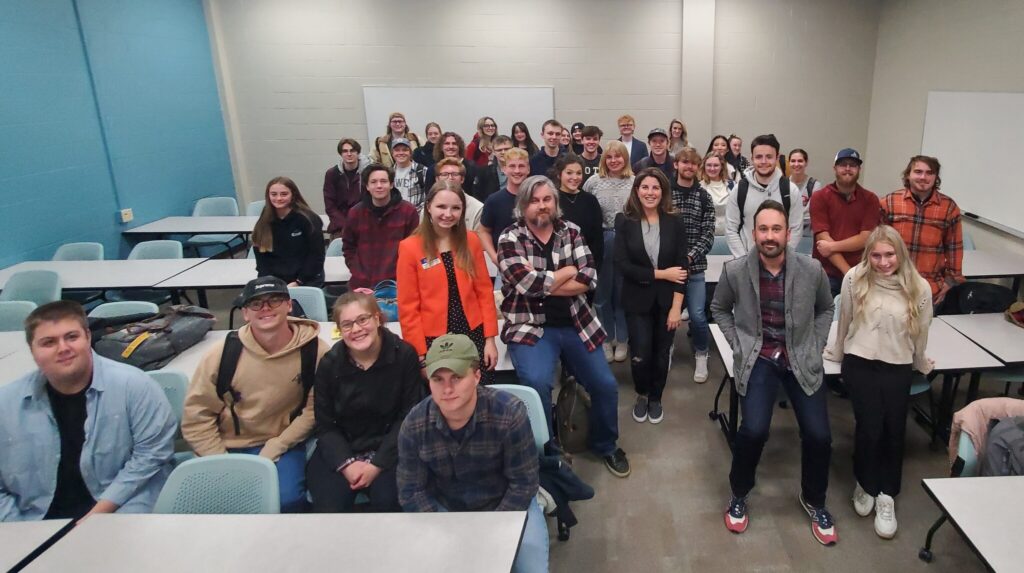UW-Eau Claire
Assistant Professor
Political Science
Damir Kovačević is a political science professor at the University of Wisconsin-Eau Claire where he specializes in international relations and comparative politics. His research and teaching interests are international relations theory, foreign policy, political violence, research methods, and culture and politics. In addition to his research and teaching duties, Damir serves as the Academic Coordinator for the Peace Corps Prep program on campus and is the current chair of the Council on Internationalization and Global Engagement (CIGE), a committee that assists UW-Eau Claire in preparing students, faculty, and staff for active, informed, and ethical participation in a pluralistic and globally interdependent world through meaningful learning opportunities on and off-campus.
TEACHING AND LEARNING PHILOSOPHY
As a teacher, I am committed to incorporating and continuously assessing equitable, diverse, and inclusionary practices in my pedagogy. Bringing in an EDI framework allows us to intentionally foster our curriculum, course design, teaching practices, and assessments to create learning environments where all students are respected and valued. Additionally, it asks the instructor to consider and address the historical and systematic inequities that shape the learning experience.
As an international relations professor, my primary goal is to engage and inspire my students. By engaging my students in the study of political science, I hope to provide them with the necessary knowledge and analytical tools to comprehend the rapidly changing nature of the global world. By inspiring my students to appreciate political science, I hope to open their minds to the concepts, events, and issues present in the world. These skills are the cornerstone of an invaluable liberal arts education. A liberal arts education not only teaches students to become successful in their collegiate careers, but it provides them with the necessary lifelong skills – critical thinking and problem-solving, awareness of cultural diversity, and empathy for others – that help them to be successful professionals and citizens of the world.

